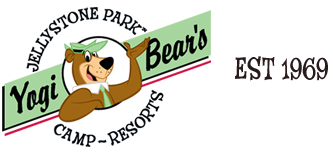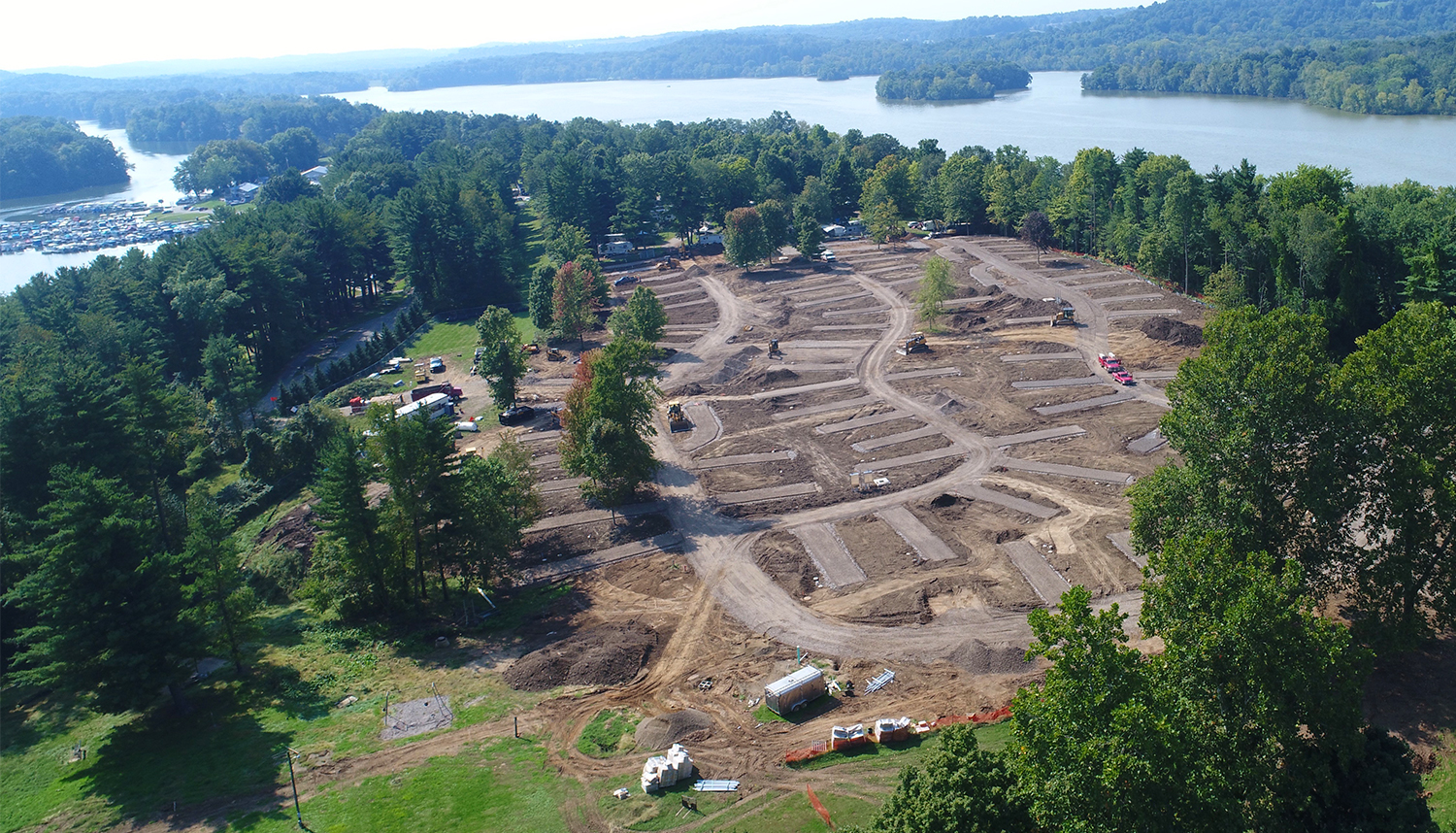Note: This is the second in a series of blogs explaining how Leisure Systems, Inc. and its partner, Environmental Design Group, help new investors build successful parks from the ground up, as well as expand current campgrounds. Environmental Design Group is one of the nation’s largest consulting firms specializing in campground master planning, design, and construction services.
By Stefanie Smith, AIA, LEED AP BD+C and Dave McCallops, P.E., Environmental Design Group
Imagine a family driving into your camp-resort for the first time. As they proceed slowly to their cabin or RV site, a sense of excitement builds. They stop, get out, look around and shout, “WOW!”
To be financially successful, a family camp-resort needs to be planned and built to elicit and deliver that “WOW” experience. Anything less means your guests will have nothing more than an average visit that they could get at another campground.
Today’s Jellystone Park is a family vacation destination. Leisure Systems, Inc. has created a unique brand with attractions, activities and features that separate it from other campgrounds. Bringing that brand to life comes down to the master plan which includes elements such as:
- The arrival and check-in experience
- Intuitive and easy to follow wayfinding and circulation patterns
- Layout and design of RV and cabin sites that maximize views and create attractive living spaces
- Placement of buildings and amenities to support programs, operations and, of course, all the fun family attractions!
A well-designed campground not only builds anticipation and excitement from the moment campers arrive, it creates a sense of community that connects people to one another and the places they share. It utilizes the property’s natural beauty and terrain, and ultimately, helps drive revenue.
A common mistake new investors make is hiring a design firm with experience creating traditional residential subdivisions but not campgrounds. Unlike a typical subdivision, campground roads need to accommodate families strolling with their dogs, golf carts and kids on bikes, not just cars. In addition, local codes and environmental regulations often are quite different for campgrounds than those for urban and suburban developments.
Campground requirements for water, sewer, stormwater management and electricity also are vastly different than in subdivisions. Reliable Wi-Fi throughout the resort is a must. RVers demand sufficient power to keep their A/C, lights and TVs on, as well as on-site sewage hook-ups. A faulty utility layout in the master plan that overlooks these needs could lead to unnecessary utility placement or utilities being relocated during construction, creating delays and cost overruns.
Before finalizing the design concepts, our team analyzes local, state, and federal codes and requirements, and verifies that the design will work as desired. One example includes testing ground conditions which may prompt changes to proposed building designs or utilities, which can significantly impact construction costs.
Based on our experience, we know how to work with local regulators to adjust standards for water and wastewater demand, which can minimize infrastructure costs. And we will work with local agencies to ensure that the key characteristics of the design are maintained.
Once the design concept is approved, our team will develop a final set of drawings with technical specifications, known as construction documents. Along with an “Opinion of Probable Construction Cost” (also known as a “cost estimate”), the documents include design details needed to secure financing, apply for environmental permits, obtain local zoning and building department approvals, and solicit bids from contractors. The plan also will comply with Leisure System’s brand standards.
That leaves one step left: construction. There’s a lot to do here, and that includes getting bids, managing changes that always occur, verifying the campground is built according to the design, working with local agencies on approvals and finally getting the campground ready for guests. While contractors like to suggest ways to streamline construction or change the project to reduce their costs (and imply it will save you money as well), it’s essential that the key elements needed to deliver a great guest experience are implemented. If revisions are being considered, we will help you decide what to change and what to keep, so that your guests say, “WOW!” year after year.
Visit www.envdesigngroup.com for more information.



Leave a Reply
Your email is safe with us.